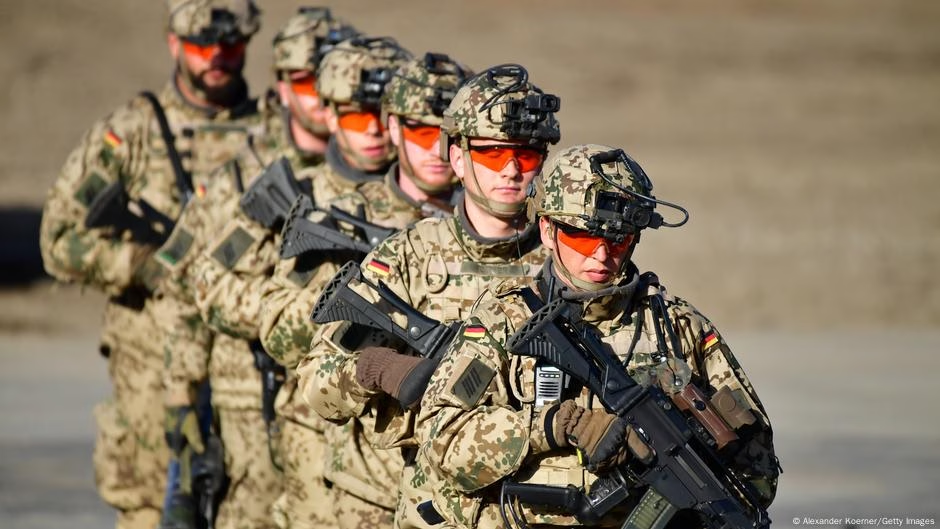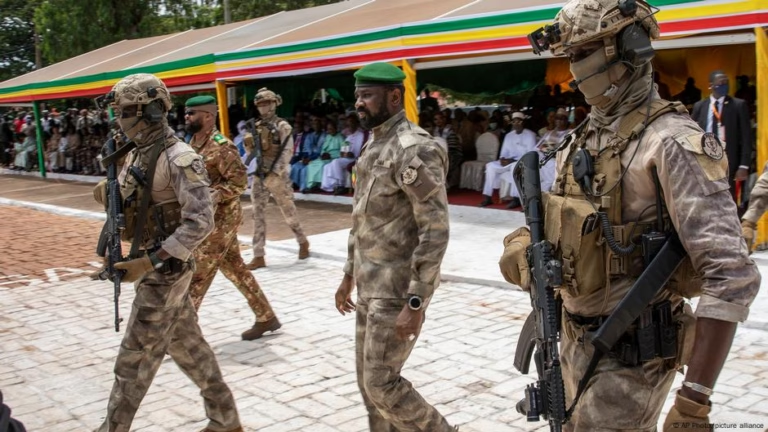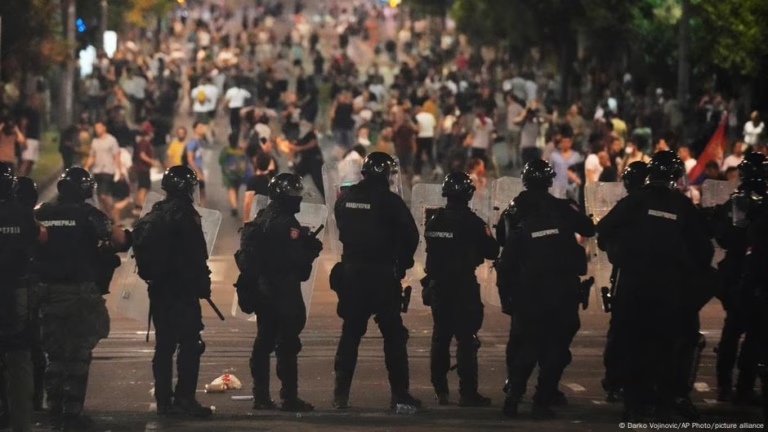On Tuesday 24, before the NATO summit in The Hague, it is clear that the alliance’s ambitious goals will heavily depend on Germany. Although Chancellor Friedrich Merz has pledged to provide all necessary resources to make the Bundeswehr the strongest conventional army in Europe, NATO’s new goals are ambitious: member states are to spend 5% of their economic output on defense, which is double the 2% currently spent by Germany. US President Donald Trump initially introduced the idea of a 5% target, warning NATO allies that insufficient spending would result in reduced assistance from the US. In fact, the US covered the majority of NATO member states’ defense spending in 2024. While several European countries expressed skepticism about the feasibility of achieving the 5% target, NATO Secretary General Mark Rutte announced that the alliance aims to meet the 2% target by 2025. Further plans for increasing defense spending to 5% by 2032 are to be announced at the summit in The Hague. For Germany, this means allocating approximately €225 billion ($258 billion) annually, which is a significant portion of its federal budget. While Chancellor Merz prioritizes the advancement of military capabilities, not everyone in his coalition government agrees. Critics argue that there is no security justification for increasing military spending and criticize the idea of setting a percentage of GDP for military spending.
Source: https://www.dw.com/en/nato-summit-bundeswehr-faces-new-challenges/a-72987209?maca=en-rss-en-all-1573-rdf







